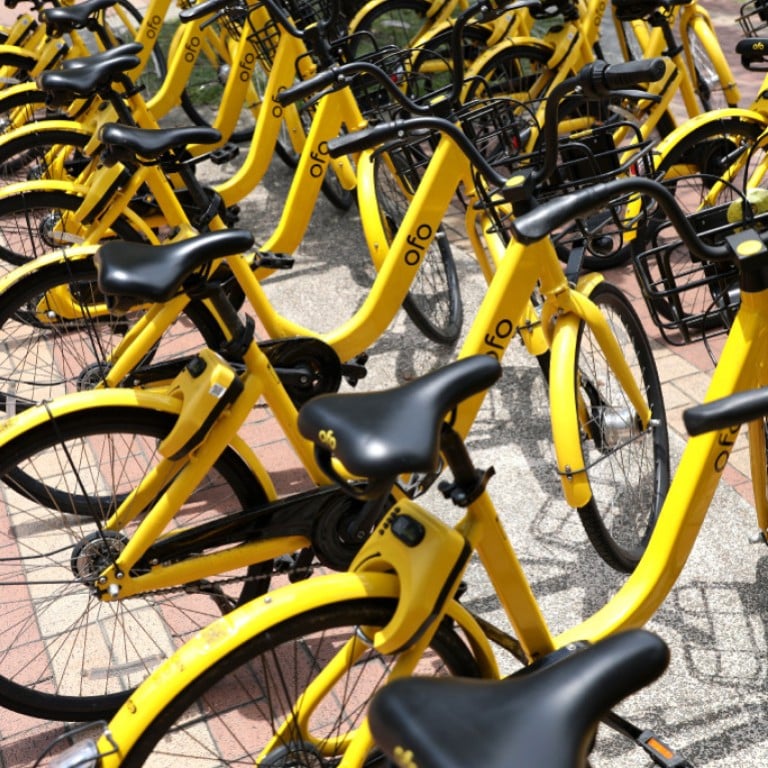
Ofo wants users to watch a video ad when unlocking a bike
Bike rental firm is trying to find new ways to make money
Bike sharing has been on a bit of a rollercoaster ride.
First it was cheered as a way to solve urban commuting problems… and also a great business idea that attracted tons of startups. But the market was quickly flooded, and many struggled to make money.
(It’s also more like bike rental than bike sharing, but that’s a whole other thing.)
Now Ofo, one of the biggest operators in the market, thinks it knows how to increase revenue. But there’s one little problem: Users hate it.
Their big idea? Video ads. After people use their Ofo app to scan a QR code on a bike, they get a code to unlock the bike -- along with a five second ad.

In fairness, you don’t have to wait for the ad to finish -- a code to unlock the bike appears immediately. It doesn’t really cost you any extra time to get on a bike and pedal away.
But the change hasn’t been welcomed. Many are upset about using cellular data for these ads. And they’re worried about the trend this might start.
(Abacus is a unit of the South China Morning Post, which is owned by Alibaba. Alibaba has a stake in Ofo.)
Kids are the new target in China’s bike-sharing mania

Hundreds of rental bikes dumped in Dallas as Ofo opts out
For more insights into China tech, sign up for our tech newsletters, subscribe to our Inside China Tech podcast, and download the comprehensive 2019 China Internet Report. Also roam China Tech City, an award-winning interactive digital map at our sister site Abacus.
For more insights into China tech, sign up for our tech newsletters, subscribe to our Inside China Tech podcast, and download the comprehensive 2019 China Internet Report. Also roam China Tech City, an award-winning interactive digital map at our sister site Abacus.

